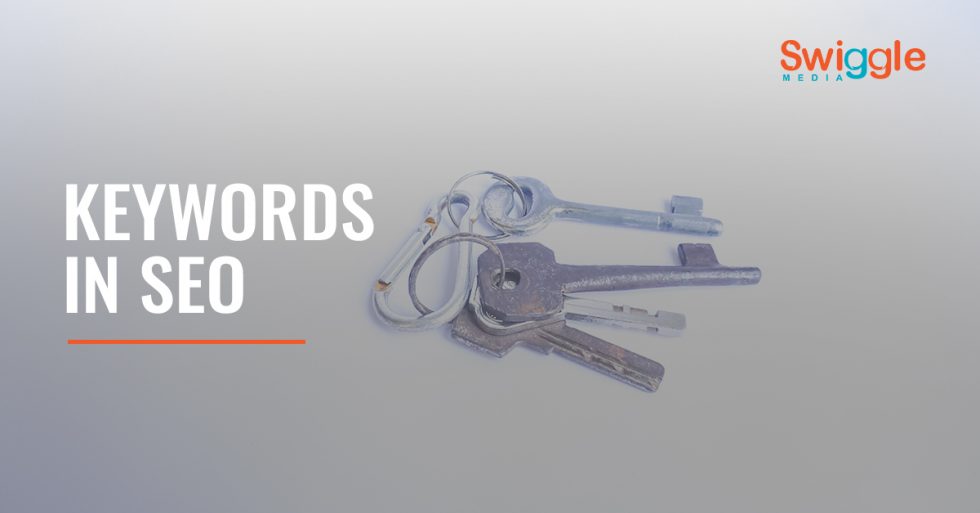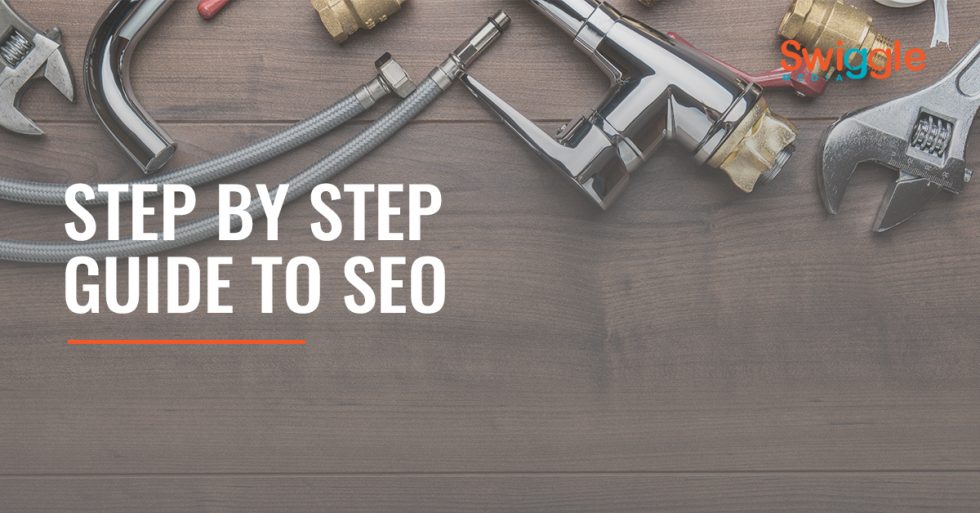Keywords are the words or phrases in a website that lead internet users to it after they do an internet search. A more commonly used phase would be search terms.
Basically, it’s what users type into the search bar.
But how exactly does searching for “How to make a burger” lead to a link about making burgers in your recipe site?
By placing those same keywords into your site! Keywords are an important part of successful SEO because they optimize websites based on what customers actually search for.
The Art of Keywords
A good keyword or phrase should:
- Have high search volume – If a keyword or phrase is searched often, there is higher potential traffic. (There are plugins that let you track search volume like this one.)
- Specific intent – Adding one or two words to a keyword search can change the user’s intent and lead them to other sites.
Types of keywords
In our industry there are two types of keywords. It’s important to understand how each one functions in a search so you can take advantage of what could potentially lead people to your site.
Short-Tail
Short-Tail Keywords are only one to three words long and are often vague searches. Because of how short they are, they often lack intent but have high search volume.
Let’s say you heard the term vegan and had no clue what it was. You’d search the word vegan and millions of searches would appear. A search engine isn’t sure if your intent is to find out about being vegan, find vegan recipes, or to join vegan communities online. The intent is unclear but it’s such a broad topic that it’s often searched more than specific long tail searches. Because of the high search volume, they are highly competitive.
Long-Tail
Long-tail phrases are typically longer than three words and have a clearer intent behind them. They’re usually more specific in nature:
- What does being vegan mean?
- Do vegans eat cheese?
- How do you become a vegan?
Search engines are able to pick up on the clear intent and match with websites that contain these keywords. SEO uses these specific long-tail searches to bring in users that you actually want to view your site. If users are on a site that gives them the answers they really need, there will be a higher conversion rate than if they were brought there via a short-tail search.
Which keyword type should I use for my site?
SEO strategies that implement both terms are typically more successful than ones that focus on one or the other. Despite this, it’s best to focus on long-tail keywords because of their high conversion rate and low competition level. They are also easier to rank for because of how search engines rank specificity and intent.
When searchers are looking for answers, they typically search for something specific. If your SEO strategy works off how real people actually behave, it’s going to be more successful. Many people think that if they dominate all the short-tail keywords within their niche, they’ll dominate that search. However, 70-80% of Google searches are comprised of long-tail searching. This means that if a site uses only short-tail, they’re only reaching about 20-30% of the searches.
Types of Intent
Throughout these blogs we’ve been referencing “intent” and that’s because it’s extremely important when trying to formulate keywords and create an SEO plan. Intent is simply what type of content a searcher is actually trying to find based on what they type into the search bar.
Intent needs to match up with the type of content on your site. There are three types of web content:
- Informational
- Investigational
- Transactional
If a user searches “How to ride a bike,” their intent is to find informational content. If they search “Cheap bikes” it’s transactional because their intent is to buy a cheap bike. Are they asking for reviews of bikes to find which is best suited for their child? That’s investigational.
Intent is extremely important when trying to find the perfect keywords to put into your site.
Creating keywords
There are many ways you can go about creating keywords, but it’s important to remember that a mix of short-tail and long-tail keywords are what will make your site successful. The best way to analyze if a keyword will be beneficial to you is to look at things as if you’re the searcher.
Step 1: Take each keyword and lay them out
Step 2: What intent does that keyword represent?
Step 3: What type of content would that search normally produce?
If all roads lead to your site, then it’s a keeper! If you feel like your missing the correct content and you really want that search to bring your site in as a result, maybe think about creating that content on your site.
For example:
If your site sells weight loss supplements and the search “How to lose weight fast” is among the most popular keyword searches, you may want to consider adding an article with that title to bring in higher traffic to your site.
Matching with a multitude of keywords will help your SEO strategy bring in high organic traffic. This also emphasizes the importance of a well built website with a variety of content.
It’s easiest to start off your list with short-tail words and then move on to long-tail phrases. It helps maintain focus while also ensuring that all keywords will link back to your site, bringing along the intended traffic rather than randomized traffic.
If your site is about Marvel comic movies, you want to include both general and specific terms.
- Comics
- Animated comics
- Marvel Comics
- Movies based on comics
- What movies are based on comics?
- Which movies are in the Marvel universe?
- Best Marvel movies ranked
Keeping track of keyword success?
When you’ve implemented all the keywords that will make your site gain more traffic, it’s best to keep an eye on which ones are succeeding and which ones flopped. You can use ranking software to keep track of how your website now ranks after implementing this SEO strategy.
Here are a few:




